
Too much flavour of nationalism in the local politics turns out to be a mixture of bad electoral politics. The reduced mandate for Bhartiya Janata Party and its allies in the recently held assembly elections in the states of Maharashtra and Haryana is testimony to this argument. The party went on to campaigning with issues such as Article 370, Jammu and Kashmir and National Register of Citizens (NRC) turning a blind eye towards state-specific issues like agrarian crisis, economic slowdown and unemployment that have larger and immediate bearing on voters. This strategy came at an electoral price for the party.
In Maharashtra, BJP-Shiv Sena alliance bagged 161 seats out of 288-seats legislative assembly, thus comfortably crossing the mark of 145 seats to form the government. While BJP won 103 out of 150 seats it contested, Shiv Sena claimed 56 out of 124 contested assembly seats. The alliance fell by 29 seats as compared to 2014 assembly elections when in a separately fought election, BJP and Sena had won 122 and 63 seats respectively. In a major blow to the alliance, eight ministers and deputy speaker had to face defeat, including that of Minister for Rural Development and Women and Child Welfare Pankaja Munde from Parli, where both PM Narendra Modi and Amit Shah had conducted rallies during campaigning. On the other hand, Congress and Nationalist Congress Party (NCP) alliance has managed to improve the total figure by 21 seats compared to 2014 elections. Proving the exit polls wrong, Cong-NCP alliance crossed the mark of 100 seats. While congress won 44 seats out of 147 it contested, NCP bagged 54 of 124 contested seats. NCP supremo Sharad Pawar, who vigorously campaigned all over the state, was the only face of the opposition during campaigning.In a simultaneously held by-election for Lok Sabha seat of Satara constituency,NCP candidate Srinivas Patil defeated Udayanraje Bhonsle, who had recently entered into BJP.
In Haryana,hung mandate is witnessed as no any party could cross the magic figure of 45 in 90-seats legislative assembly. Though BJP emerged as the largest party with 40 seats, the JJP (Jannayak Janata Party) will be the kingmaker while forming the government. JJP has 10 seats into its pocket. Congress, again overriding the miscalculation of exit polls, won 31 seats. Now that BJP President and Union Home Minister Amit Shah has said that BJP will stake claim to form government in Haryana, all eyes will be on governor of Haryana Satyadev Narayan Arya that how the government formation will be done.
The results of assembly polls show that ‘non-simultaneous polls’is a healthy democratic idea which strengthens the federal polity of Union of India. If assembly polls to be held simultaneously with national polls, there always is a danger that state-specific local issues are likely to be subsumed under the garb of national issues.




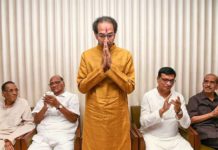



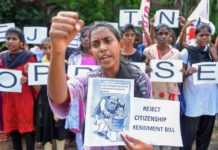
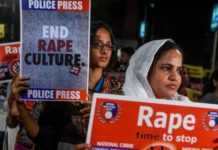


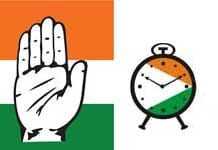
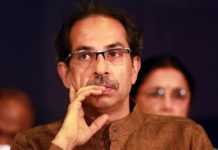
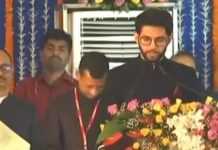
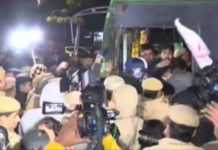
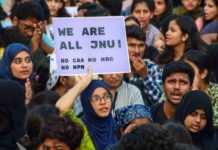

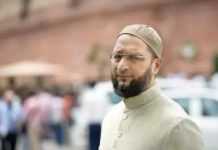



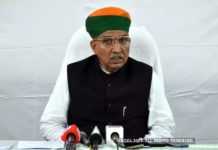
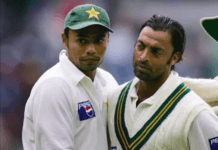

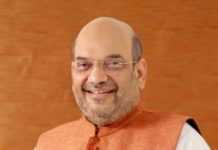
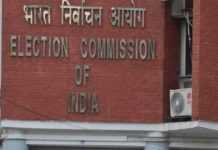
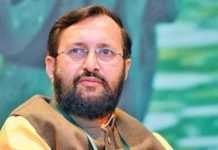



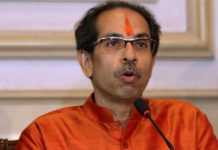
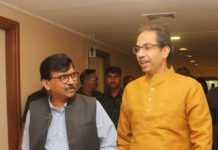
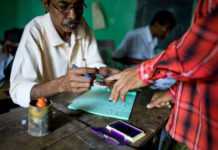

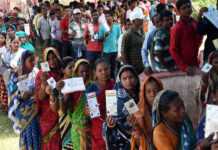

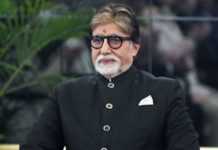


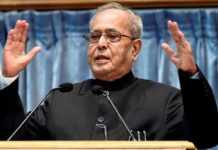
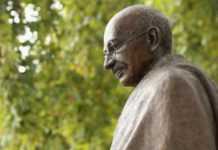



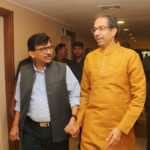
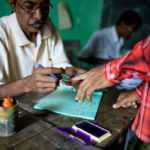

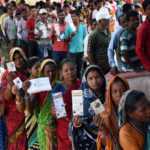





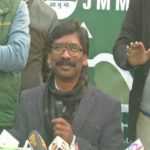




[…] Assembly results answer ‘why only non-simultaneous polls is a good idea… […]